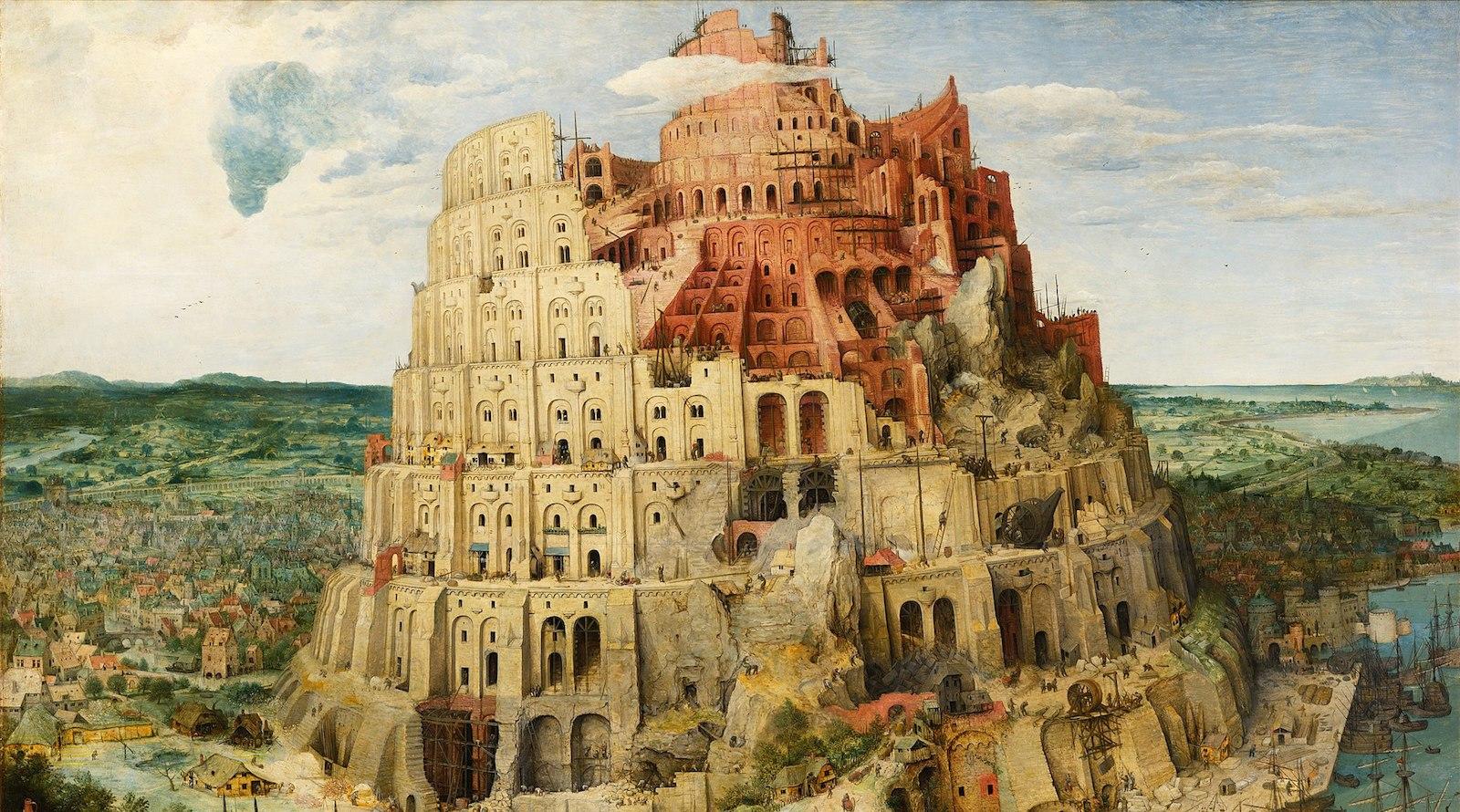Commentary on Parashat Noach, Genesis 6:9-11:32
What could be better than unity and uniformity? Again and again, in public opinion polls and in private conversation, we bemoan the polarization within society and blame many of our collective ills on dissension and public policy disagreements.
Yet Judaism has never been a great fan of homogenous unity, neither within the borders of our religion nor outside of them. There are 70 aspects of our sages say, and we delight in Torah study in order to discover that new nuance on the exegetical spectrum that has not yet been uncovered and developed.
While Christendom has long aspired for a world order in which all nations accept Christianity and unite as one people, Judaism has never shared such an ecumenical vision of world unity. To be sure, we fervently hope for the day when all human beings will adopt the practice and the values of ethical monotheism, but we most certainly do not see any need for all of mankind to convert to Judaism.
Even as the biblical prophets speak of the day when all nations shall bend their knees in homage to the one God creator of heaven and earth, the idea of the blending all of the nations into one universal culture and religion was completely foreign to them. Even in messianic times, each nation will retain its individual identity; differences of language and philosophy and nuances of worship are not to be erased.

Help us keep Jewish knowledge accessible to millions of people around the world.
Your donation to My Jewish Learning fuels endless journeys of Jewish discovery. With your help, My Jewish Learning can continue to provide nonstop opportunities for learning, connection and growth.
This week’s Torah portion talks not of the distant future but of the long gone past; it teaches us that the prophetic and rabbinic aversion to uniformity and their preference for pluralism and multiculturalism, have their ideological roots in the early foundational texts of our people.
Near the beginning of human civilization, so the biblical narrative recounts in Parshat Noah, human beings were concentrated in one geographical area and “all of the earth was of one language and of one cultural expression.” The leadership made every effort to preserve that situation in order to prevent them from being “scattered over all the earth.” Towards that end they constructed a monumental tower in order to make a name for themselves, but through an extraordinary act of divine intervention, “the Lord came down and confounded their speech … and scattered them from there throughout the face of the whole earth.”
“They could no longer understand one another’s speech,” and so was created the impetus for the diversity of human culture and language that we know today. God, it appears, at least according to the biblical, account, is an avowed multiculturalist!
But what role was this tower meant to play in the efforts of the prevailing culture to remain united and unchallenged? According to the famed biblical exegete and 19th- century Jewish leader Rabbi Naphtali Yehudah Tzvi Berlin, “they would use the structure as a watchtower to observe and keep control of all their residents … From there they sent out emissaries to maintain surveillance over all their domain [what we might call secret police!] and under them served military officers to punish all violators and throw them into the furnace.”
Rabbi Berlin, traditionally referred to by his acronym, the Netziv, is keenly aware of, and extremely wary of, the slippery slope leading from unity to totalitarianism. However laudable it may appear, cultural unity is always on the verge of cultural conformity which stifles creative thought and the free expression and exchange of opinions and cutting edge knowledge. The overvaluing of unity almost inevitably leads to group-speak and to a dangerous tyranny of the majority. Rather, God wants human beings to spread out and to spread their wings. He actively encourages individualism – free thought, dissension and innovation.
Within Jewish tradition, it is not unity and monolithic uniformity which are our desideratum, but rather respect for diversity, and the ability to harness multiplicity in order to find the best ways – emphasis on the plural – to navigate the very complex reality in which God has placed us!




